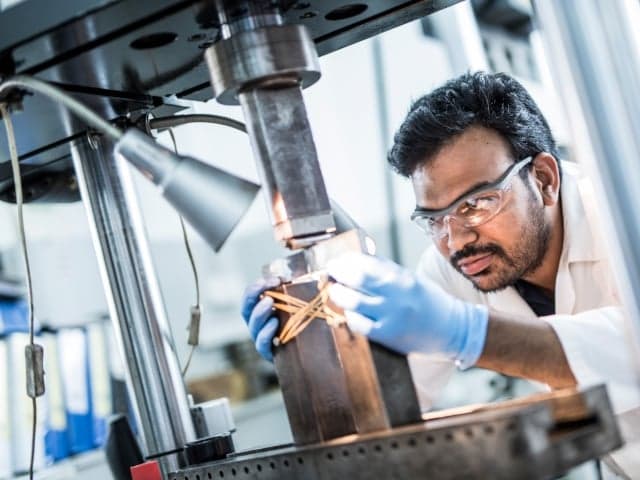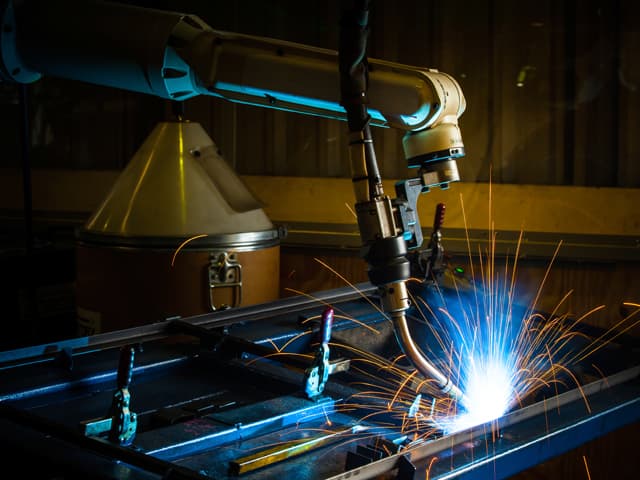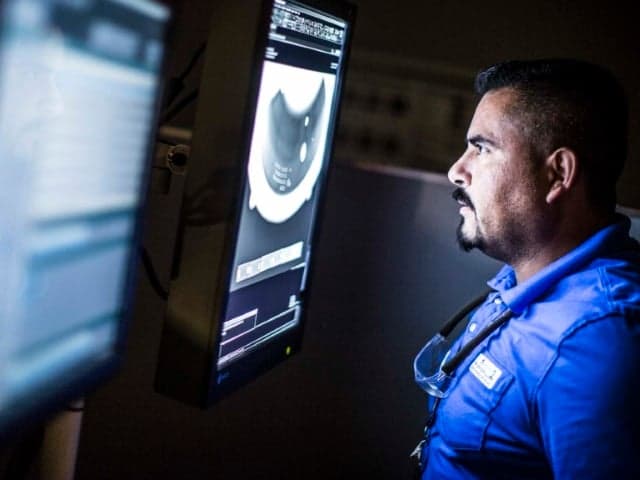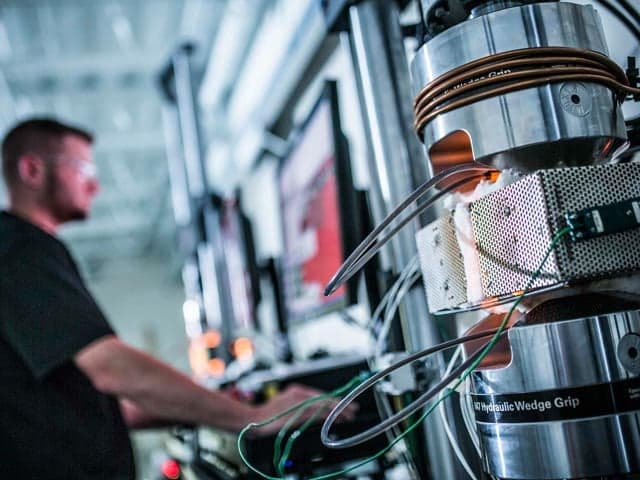Why do I need a Certified Welding Inspector?
This article explains the technical role and business value of Certified Welding Inspectors in quality assurance programs, covering code compliance requirements, welding metallurgy fundamentals, procedure qualification testing, and systematic process control methods that reduce rework costs and failure risks in aerospace, defense, oil and gas, and construction sectors.
Ok, so you say you’ve been welding for 20+ years and none of your welds have ever failed – why would you need a certified welding inspector?
There’s nothing to replace decades of welding experience: the miles and miles of weld produced, the thousands of electrodes consumed, the sheer number and variety of projects, customers and challenges. That hands-on experience is, without a doubt, the most important factor in getting a job done right.
And yet, decades are a long time. Miles of weld is a lot of weld. Are you truly certain that in all those years you’ve never had a weld fail? It’s possible, but not likely. Any failure analysis expert will tell you that even the most senior welders can get distracted for a second or have to work through a bad headache, and those little things beyond your control can result in failures down the line.
What does a CWI do?
A certified welding inspector is there as a failsafe, to make sure no weld goes unchecked. Most of a CWI’s job involves visually inspecting welds, but to know what they’re looking for and how to spot a potential problem before it happens, they have to be knowledgeable about:
- How to maintain compliance with welding codes and contract requirements
- The fundamentals of welding, joining and cutting processes and equipment
- Welding metallurgy (strength, ductility, corrosion resistance, fatigue life)
- Weld defects, causes and remedies
- Welding procedure and performance qualification testing
- Welding procedure specifications (WPSs)
- Weld test documentation (PQRs, WPQs)
- The fundamentals of nondestructive testing (NDT) methods such as radiography, ultrasonic, penetrant, magnetic particle, eddy current, etc.
- Welding symbols and drawings
All this knowledge makes them reliable partners in your quality control process.
Why do I need a CWI?
CWIs ensure that all phases of a welding project are performed in accordance with applicable codes and specifications.
Some contracts require certification.
It’s no surprise that many high-profile industries (aerospace, defense, oil and gas, construction, energy and transportation) require welding contractors to either employ or contract CWIs to oversee welding activities. In these industries, risks are high and the consequences of a weld failure can be catastrophic. A CWI will ensure adherence to all welding code requirements, minimizing the chances of weld failure in the field.
In these cases, be sure to engage a CWI far in advance of the start of production welding activities. The CWI’s responsibilities are comprised of pre-production setup and testing activities, including welding procedure qualification and welder performance qualification testing. These activities may require several weeks to complete and must be reviewed and approved prior to the initiation of the client’s production welding.
It makes good quality sense.
A few years ago, a seasoned and respected engineer described welding to me as a “controlled defect.”
That’s a cynical way of putting it, but it’s true. Few manufacturing processes have the number of variables that welding has: arc voltage, arc current, polarity, travel speed, wire feed speed, joint geometry, position, base metal chemistry, filler metal chemistry, shielding gas type and flow rate, tensile strength, hardness, ductility, and fracture toughness – just to name a few. With so many interdependent variables, welding quality control must be scientific.
The good news is the welding codes have established this science, and Element’s CWIs know how to apply this science to your business. Additionally, Element’s CWIs are experienced in material testing & weld failure evaluations – combining the unique understandings coming from both the engineering and welding industry.
A code-compliant welding program ensures predictable weld quality through systematic control of variables.
It makes good business sense.
It’s good business to have quality-controlled manufacturing processes. Poorly controlled welding processes result in frequent rework. Rework squanders resources (materials, manpower, equipment), which saps efficiency and increases costs.
Element’s CWIs can help you systematically eliminate variability in your welding processes, increasing organizational efficiency, decreasing manufacturing costs, and allowing you to do more with the resources you have.
Related Services

Weld Inspection Services – CSWIP, PCN and CWI
Reduce component failures with Element's weld inspection services. Our CSWIP, PCN and CWI certified experts deliver comprehensive testing across all fabrication stages. Ensure quality compliance with trusted certification.

Weld Testing Methods
Element provides advanced weld testing services, including non-destructive and destructive methods, to verify weld integrity, meet industry standards, and prevent failures in critical applications.

Failure Analysis Services
Need expert Failure Analysis Services? Identify root causes fast with Element's advanced testing, global reach, and rapid turnaround. Get expert insights today.

Materials Testing Services
View our comprehensive materials testing service range, combining destructive and non-destructive testing for a wide range of materials and industries.

